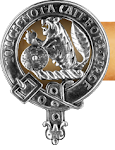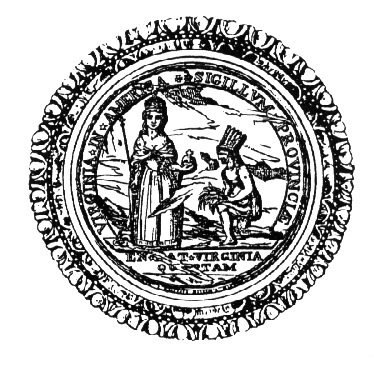I found the following very interesting and decided to share with all of you:
From "Genealogy Pointers" 08/12/08
"THE POTATO FAMINE Was Not the Exclusive Cause of Irish Emigration to North America," by Terrence Punch
In the popular imagination, the Irish Potato Famine of the late 1840s is considered the main explanation for Irish emigration to North America. However, for much of Atlantic Canada, this was not the case. Except for Saint John, New Brunswick, no other major port in the region was inundated with Famine refugees. Contemporary records make it clear that large numbers of Irish had reached the region well before the 1840s. Without downplaying the importance of the Famine, my book, ERIN'S SONS: Irish Arrivals in Atlantic Canada, 1761-1853, emphasizes the earlier Irish presence in the four easternmost provinces of Canada.
British subjects in the British Isles were British subjects still in British North America, so there are no naturalization records. Either through indifference, or from feeling overwhelmed, local officials failed to create and retain passenger lists and records of landed immigrants. Governments seldom kept the records genealogists hope to find, such as birth and death information. Even marriage records tend to be spotty well into the 19th century. Not all the early census records survive, and many of those were household, rather than nominal, enumerations. In an effort to repair some of these deficiencies, I combed a wide variety of records in search of people who had come from Ireland. The end result of this research is my book, ERIN'S SONS.
Several matters of wider impact turned up in my research. In the late 1700s, having lost the thirteen colonies, British courts had to look for other places to ship convicts sentenced to transportation for terms ranging from seven years to life. For a time, Atlantic Canada was such a destination. The wreck of a shipment of Irish convicts off Cape Breton Island in 1789, however, became the proverbial "last straw" that persuaded Britain thereafter to transport its convicts to Botany Bay, thus beginning the European settlement of Australia. For many Australians, having a convict ancestor is as good as being a "Mayflower" descendant is to North Americans!
In 1798, the United Irishmen, led by patriots such as Robert Emmet and Lord Edward FitzGerald, staged a rebellion against British authority in Ireland. In the aftermath, British authorities sought fugitive rebels. One record of this hunt showed up at Halifax, Nova Scotia--the result of the interrogation of the passengers on an Irish ship to determine whether any was a rebel.
Another result of the failed rebellion was passage of the Act of Union, by which the Irish parliament voted itself out of existence in exchange for a set number of seats for Irish constituencies in the Parliament at Westminster and a pledge to remove the remaining civil disabilities from Roman Catholics. The Union took place in 1801, but the promise was dishonored, and Ireland seethed with resentment.
Daniel O'Connell led a popular movement to gain Catholic rights, a victory he won in 1829. The other matter, the annulment of the Union, agitated Ireland from then until the Famine began in 1845. Across the Atlantic, in cities and towns of the U.S. and eastern Canada, Repeal societies were formed wherever there was a settled Irish population. Lists of Repealers, often with their place of origin, were published in newspapers in Atlantic Canada, enabling present-day researchers to discover for the first time the origins of some of the Irish immigrants.
Another major event impacting the region was Britain's long war against the expansionist policies of Napoleon. When the war ended in 1815, the British began to dismember their huge military establishment. Hundreds of Irish were among the thousands of servicemen discharged in British America, and many others had gone AWOL in the previous 15 years. Those who were given their discharge were often granted land as part of the plan to settle the colonies. Not a few of those who had deserted the British military headed for the U.S. and eventually became American citizens.
Since thousands of other immigrants passed through Atlantic Canada to points beyond the immediate region, my book, ERIN'S SONS, offers researchers the potential of genealogical discovery far beyond eastern Canada. While all too often a record says merely that someone came from Ireland, the sources used to prepare this book break new ground by looking for details in such unexplored places as regimental depot succession and description books, newspaper lists of Irish Repealers, and an array of other contemporary documentation. It is no exaggeration to claim that some of the clues revealed in this book have never before seen printer's ink. [END OF ARTICLE]
For more information about ERIN'S SONS: Irish Arrivals in Atlantic Canada, 1761-1853, please access the following link:
http://www.genealogical.com/index.php?main_page=product_info&item_number=4708&NLC-GenPointers1
Subscribe to:
Post Comments (Atom)











No comments:
Post a Comment